Reliable air conditioning is crucial during an RV adventure, especially in the sweltering days of summer. However, if you frequently travel to mountainous areas or other places at higher elevations, you may have noticed a difference in how your RV’s air conditioner functions.
The reason for this has to do with the way air changes as you travel to higher altitudes. There’s a lot to understand here, so the goal of this guide is to inform you about how altitude affects your RV air conditioner and what you can do about it. That way, you don’t have to worry about sweating while traveling in your RV.
The Science Behind Altitude
To understand how altitude impacts performance, it’s important to grasp a few of the basic scientific principles about altitude. Learning these basic principles will better help you understand why you experience problems with your AC at higher altitudes.
Air Pressure and Altitude
The first thing to know is air pressure decreases as altitude increases. At sea level, air molecules are densely packed due to the weight of the atmosphere pressing down on them. As you ascend to higher elevations, the atmospheric pressure decreases, which means there are fewer air molecules.
At 5,000 feet above sea level, the air pressure is about 83% of what it is at sea level; at 10,000 feet, it drops to approximately 69%. This reduction in air density directly affects the efficiency of systems dependent on airflow, including your RV’s air conditioner.
Temperature and Altitude
Temperature variations also play a role at higher altitudes. Generally, as you go higher, temperatures drop. This cooler air may seem beneficial for an AC, but colder external temperatures at night don’t offset the reduced air pressure during the day. These combined atmospheric factors create unique challenges for air conditioners to operate effectively.

Altitude’s Impact on RV AC Performance
Now that we know the basics of how altitude affects air pressure and temperature, we can explore how these factors influence the performance of your RV’s air conditioner. That way, you’ll know what kinds of challenges you can potentially expect.
Reduced Cooling Efficiency
Air conditioners work by transferring air around and cooling it down. Inside your RV, the AC pulls in warm air, passes it over cold evaporator coils, and then recirculates it as cooler air. This process relies on the motorized components and refrigerants operating at optimal efficiency. At higher altitudes, the reduced air density affects the AC’s ability to dissipate heat effectively. Essentially, the AC must work harder to accomplish its cooling process, which results in less noticeable cooling.
Increased Pressure on the Compressor
The air compressor within your RV’s AC is one of its most critical components. At higher altitudes, the compressor may struggle to produce enough pressure for the refrigerant to flow effectively. This can lead to increased wear and tear on the system, reducing the lifespan of the unit if used at high elevations for extended periods.
Overheating Risks
Since the AC works harder at higher altitudes, components like the compressor and motor will also be at a greater risk of overheating. Over time, this could mean costly repairs or replacements.
Power Consumption
Higher altitudes may also mean your air conditioner draws more energy to perform at the same level it would at a lower altitude. This added energy consumption affects your RV’s power system, especially if you’re reliant on generators or solar panels that already have limited capacity.
Tips for Optimizing AC Performance at High Altitudes
Despite these challenges, there are practical steps you can take to ensure your air conditioner continues to perform adequately when camping or driving in higher-altitude locations.
Service the AC Unit Regularly
Routine maintenance is key to ensuring optimal performance, especially at high elevations. Clean or replace air filters frequently, and inspect the condenser and evaporator coils for dirt or debris. Dirty components can exacerbate airflow issues, making cooling even more inefficient.
Consider a Higher Capacity AC Unit
If you frequently travel to high-altitude destinations, it might be worth upgrading to a higher-capacity camper air conditioner designed to handle varying conditions. These units are often equipped with more robust compressors that can adapt better to reduced air density.
Utilize Fans for Air Circulation
If your current AC system needs some assistance, add a couple of portable fans inside your RV. Improved air circulation can help distribute cooled air more evenly, reducing the strain the altitude is putting on your AC system.
Use Reflective Window Covers
Heat from direct sunlight can further stress your AC unit. Reflective or insulated window covers block sunlight, helping your RV maintain a cooler interior temperature without increasing the AC’s workload.
Park Strategically
Whenever possible, you should park in shaded areas or position your RV so that sun exposure is minimized. Combined with good insulation, this can reduce the overall temperature inside your RV, making the air conditioner’s job easier.
Monitor Your Power
Watch your power usage carefully. Ensure the AC has sufficient energy to operate efficiently without compromising other power demands in your RV. This might involve switching to shore power or using additional energy sources like external generators.
Timing Is Key
Operating your air conditioner during cooler parts of the day, such as early morning or late evening, can alleviate some of the strain it experiences during peak heat hours at high altitudes. If your RV is already cooled off, it’ll be easier to keep it that way once it heats up outside.

Other RV Systems Affected by Altitude
Even though the performance of your RV’s AC unit will be the thing most affected by altitude, this external factor can do a number on other parts of your vehicle as well. Being aware of these potential issues can help you make sure you’re ready for anything during your next high-altitude trip.
Propane Systems
Propane-burning appliances, such as stoves, furnaces, and water heaters, function less efficiently at higher elevations. The reduced oxygen levels in the air make it harder for these systems to maintain consistent combustion. To address this, some propane systems may require altitude-specific adjustments.
Generators
Generators, especially portable ones, also tend to struggle with performance at high altitudes. Many are designed to perform optimally at or near sea level but may lose power output when used at elevations above 5,000 feet. High-altitude adjustment kits are available for many models to improve performance.
Engine Power
While not as common, there’s a chance that your RV’s engine may experience reduced power output during trips at higher altitudes. Just as your generator struggles with thinner air, your engine could also lose torque and horsepower. Proper tuning and using an air filter designed for high-altitude operation can help mitigate these issues.
Refrigerator
Finally, if your RV fridge utilizes absorption technology and operates on propane or electricity, it may struggle to maintain consistent cooling at higher altitudes. Proper placement and leveling of the fridge, as well as maintaining ventilation, can help improve efficiency in these cases.


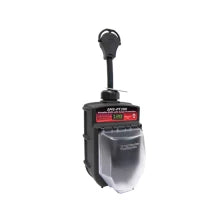
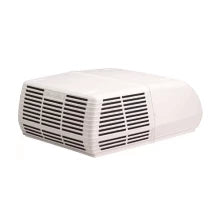
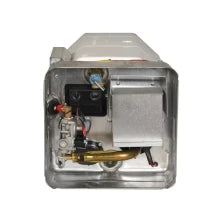
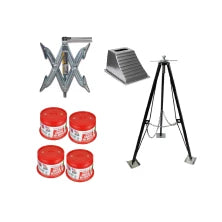
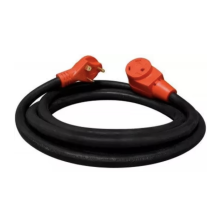
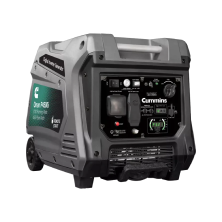

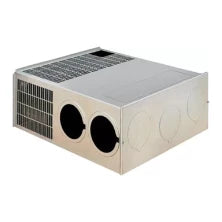


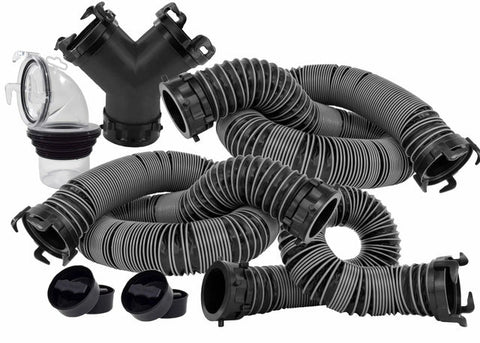
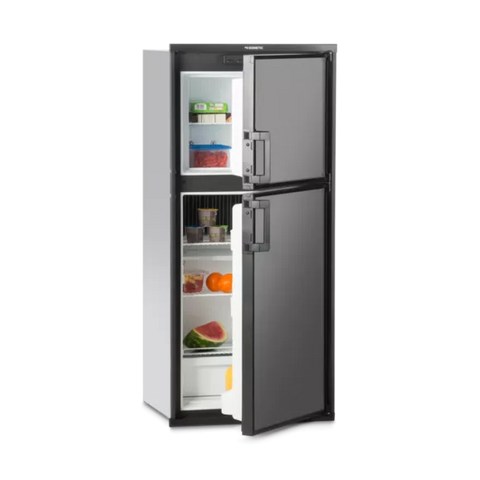
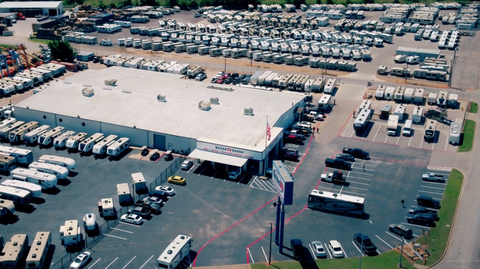
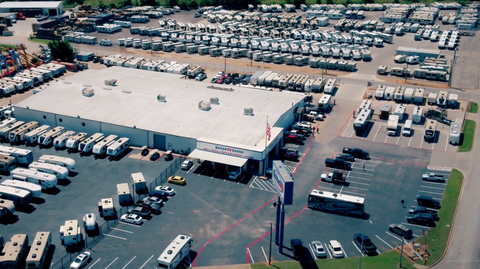
Comments (0)
There are no comments for this article. Be the first one to leave a message!